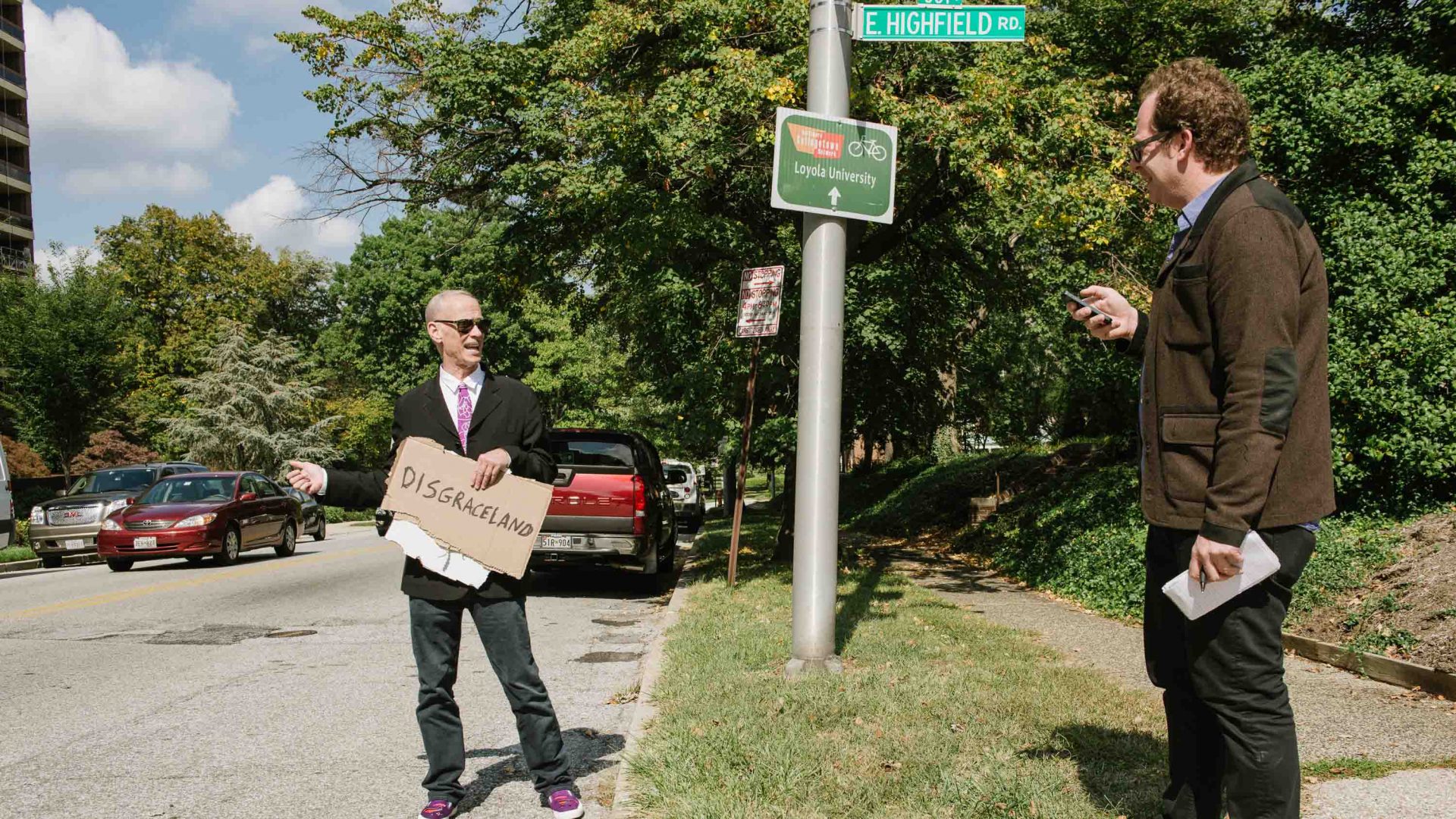Is our overwhelming desire to travel a real psychological condition or a side effect of tech-driven narcissism? We trace the origins of clinical wanderlust back to 19th-century France.
In the summer of 1886, Jean-Albert Dadas, a gas fitter from Bordeaux, woke up in a local hospital, diabolically exhausted.
Though he had almost no memory of it, Dadas—a dead ringer for the French valet Passepartout from Jules Verne’s Around the World in 80 Days—had returned from what was, in anyone’s book, an epic journey.
During the four years’ prior, Dadas went AWOL from the French army; wandered through Prague on foot; was attacked savagely by a dog near Berlin; was arrested in Moscow for resembling a member of a nihilist movement responsible for the assassination of a czar; and subsequently sent to do time in Constantinople before being sent home by French consulate officials.
And for Dadas, it wasn’t even the first time this kind of thing had happened.
But contrary to what you might think, Dadas had not been cast in the 19th century prelude of The Amazing Race. He had walked upwards of 40 miles per day for years—because he was, quite simply, unable not to.
Like every inexplicable epidemic that erupts during certain epochs and disappears just as fast, ‘pathological tourism’ was a baffling phenomenon for the psych world of 19th-century France. While Dadas might have been a poster boy for this fresh mania, he was in fact one of countless cases presenting inexplicable and uncontrollable wanderlust, each victim unable to recall their trajectory, or why they’d felt compelled to start wandering at all.
Where and how had this urge arisen? And more pertinently, has it returned in some abridged form today?
Travel expert, blogger and entrepreneur Matthew Kepnes—better known as Nomadic Matt—has traveled to over 80 countries and forged a career out of offering other travelers budget travel tips. On paper at least, he certainly seems to be showing symptoms of a certain kind of addiction. But he doesn’t see it as such. “I don’t think travel addiction is a real medical disease but I do think people get the bug—why wouldn’t they?” he says. “Travel is a form of escape for most people. You are in full control of your day and can do anything you want. It’s easy to get addicted to that.”
Montreal-based globetrotter and blogger Carol Lopez has visited all seven continents and adds fresh ports to her manifest yearly. Again, she seems to fit the bill. “I feel the need for change all the time,” she says, but shirks any suggestion of being a travel addict herself. Travel for her remains a passion, one that continues to yield life-defining experiences
RELATED: How to travel like a travel writer
However, Lopez does think she’s seen a type of modern travel ‘addiction’ in action, citing a swathe of cases across her journeys: Folks compelled to ‘do’ each destination, often by the hour, racking up quick selfie snaps before scooting off to the next.
“We live in a world of competition,” she says. “A friend of mine once asked me how many countries I had been to and when I gave him the number, he told me he had seen 48 states in the US. It was strange.”
In the end, this is essentially what it comes down to: Are you having a good time on the road, or a godawful one? Are you feeling full of verve, or is your life crumbling like stale bread?
More crucially, like our good friend Dadas, have you just walked across an entire continent with absolutely no memory of it? (If so, the jury’s in.)
RELATED: How has travel changed since the ’70s?
Yes, travel can be ‘addictive.’ It can sometimes border on obsession. And while there’s no doubt that some ‘destination collectors’ have sacrificed love, security, and sanity for the urge to brag that they’ve been everywhere, only they can really deduce what’s motivating them on a deeper level.
Whether this is the product of biology or psychology taps into a much bigger, and much older, debate. Some like to point to the ‘wanderlust gene,’ a biological root that purportedly gives around 20 per cent of us a heightened proclivity to long-haul journeying.














